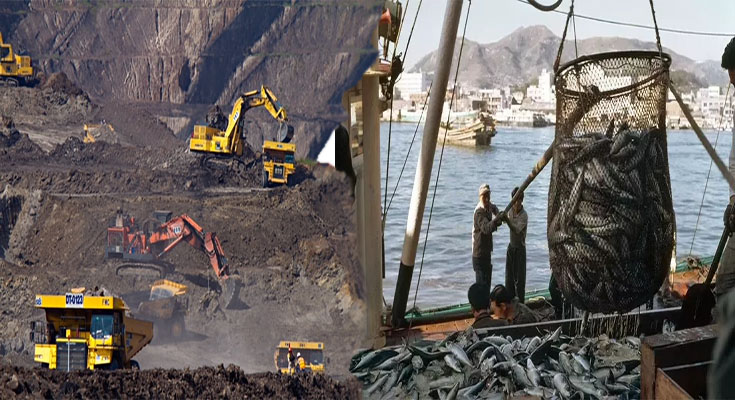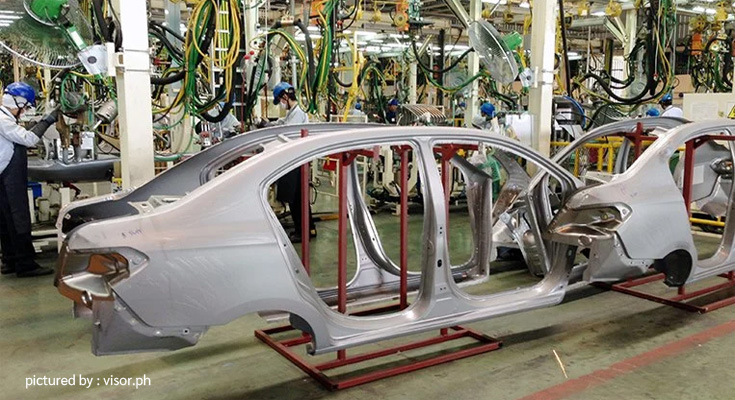
The Primary Industry
What is the primary industry? The term primary industry refers to the work of people involved in industries that produce goods and services that are derived from the world’s natural resources. This category includes mining, forest products, fishing, and farming. Increasingly, countries are moving away from primary industries and relying more on other types of manufacturing. For example, Ethiopia accounts for 88% of its employment in farming and fishing, while only 2% is in the secondary sector. Primary industries also include mining, construction, forestry, fishing, and building homes.
Natural resources
The role of NRBIs in facilitating industrial diversification often hinges on the development of local supplier industries. However, the methods used to extract natural resources may not work in other locations, as in the case of agriculture. The reaper used in the United States would not be applicable in a British landscape, for example. The soil type, climate, irrigation and …
The Primary Industry Read More




 Infant Industry Theory promotes an economic policy that protects young industries in less created economies till they turn out to be established, financially stronger, and capable of withstanding competitive pressures. It investigates a number of empirical subjects in industrial organisation and competitors policy, building on the theoretical insights supplied by Industrial Economics I. Subjects include things like collusion, predatory behaviour, value discrimination, bundling, item differentiation, vertical restraints, mergers and merger simulation, entry and industrial concentration and effectiveness of competition policy.
Infant Industry Theory promotes an economic policy that protects young industries in less created economies till they turn out to be established, financially stronger, and capable of withstanding competitive pressures. It investigates a number of empirical subjects in industrial organisation and competitors policy, building on the theoretical insights supplied by Industrial Economics I. Subjects include things like collusion, predatory behaviour, value discrimination, bundling, item differentiation, vertical restraints, mergers and merger simulation, entry and industrial concentration and effectiveness of competition policy.